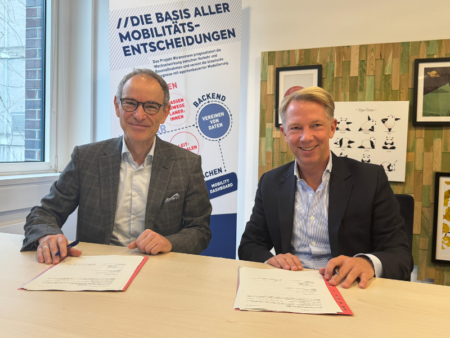The government of Kenya has put in place plans for the establishment of an intelligent transportation system (ITS) to control traffic and monitor traffic offenders in the country’s capital, Nairobi, the 14th largest city in Africa.
The plans have been unveiled to stakeholders by the acting director general of the Kenya Urban Roads Authority (KURA), Silas Kinoti, who revealed that the German transport and infrastructure consultancy, HP Gauff, has been hired to implement the project. Gauff has been contracted to design, develop tender documents, build capacity, and supervise the implementation of modern ITS technology in Nairobi over the next five years. The first phase of the project, which is part of Nairobi Urban Transport Improvement Program (NUTRIP), is funded to the tune of KES1.4bn (US$13.5m) by the World Bank and the Government of Kenya, with KURA as the implementing agency.
The first phase of the projects targets the installation of a modern traffic signalization system at 100 major junctions in Nairobi. The city has a total of 400 junctions that are the cause of major congestion and gridlock problems across the city. The ITS plan also involves the construction of a modern traffic operations center (TOC) that will house engineers, system specialists, traffic police officers, and the County traffic controllers who will monitor the system. KURA expects to install the system within the next 15 months.
“The system is set to transform our roads, with the reduction of human interface and collection of data that can help in decision making,” said Kinoti. “We expect drastic change in driving behavior among motorists, as traffic offenders will have no option but pay fines. This will not only reduce discretion, but also increase revenue to the government. We have realized our roads are congested, not because capacity is low, but because of the conflicts we are having at junctions, and those are the ones we are trying to eliminate. We are suffering all these jams because of lack of order on our roads. The system will be improved to enable both police and road users to benefit.”
In 2015, Gauff conducted a study to develop the basis for a technical and financial harmonization of measures that would improve of the general traffic situation and increase the efficiency of the different public transport networks in the Kenyan capital. The study was based on detailed traffic analysis and models, as well as the development of a concerted strategy for the implementation of an integrated transport system that would form the foundations of a sustainable mobility improvement plan.
Speaking at the plan’s launch, Gauff’s managing director, Michel Fest, said, “We are confident that we will be able to bring Nairobi up to the level of the developed cities in the world, with manageable traffic movement. We have the expertise, experience and passion to implement this project to the fullest.”




